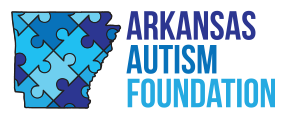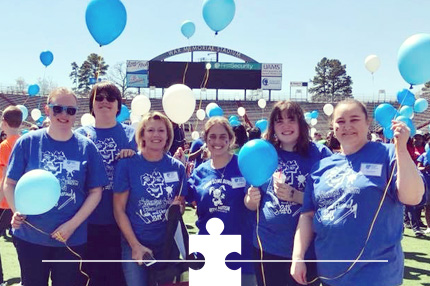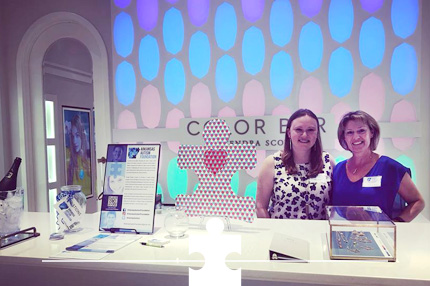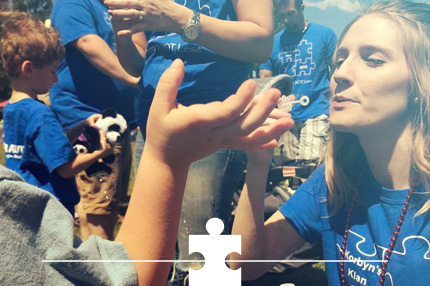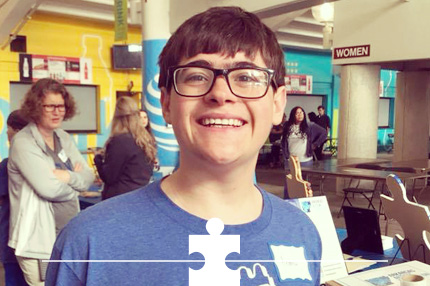Autism Spectrum Disorder
Autism spectrum disorder (ASD) is a developmental disability that can cause significant social, communication and behavioral challenges. That is, people with autism exhibit difficulties in establishing and maintaining relationships; understanding and using language; as well as repetitive behavior, adherence to routines, fixated interests, or sensory problems.
As autism is a spectrum disorder, a wide variety of functioning can be observed in individuals. Intelligence ranges from intellectually disabled to gifted. Some individuals may never speak while others may have a highly developed repertoire of words. Some individuals with autism have an array of sensory issues while others are only mild in their needs. People with autism are individuals. As Dr. Stephen Shore is famously quoted: “If you’ve met one person with autism, you’ve met one person with autism.”
At each well-child visit with your child’s pediatrician, discussion of your child’s speech, fine motor, gross motor, and social development should occur. If you have specific concerns, do not be afraid to ask! Your pediatrician can refer you to professionals in your area who specialize in particular areas of development such as speech language pathologists, occupational and physical therapists.
If your child does need services, EARLY is best. Research shows that the brain is best adapted for learning before age three. Early Interventionists know the best ways to teach skills in a therapeutic setting and can coach parents on how to best help their children succeed.
*Diagnosis of autism in Arkansas is based on evaluations conducted by a physician, psychologist, and speech language pathologist.
Children or adults with ASD might:
- not point at objects to show interest (for example, not point at an airplane flying over)
- not look at objects when another person points at them
- have trouble relating to others or not have an interest in other people at all
- avoid eye contact and want to be alone
- have trouble understanding other people’s feelings or talking about their own feelings
- prefer not to be held or cuddled, or might cuddle only when they want to
- appear to be unaware when people talk to them, but respond to other sounds
- be very interested in people, but not know how to talk, play, or relate to them
- repeat or echo words or phrases said to them, or repeat words or phrases in place of normal language
- have trouble expressing their needs using typical words or motions
- not play “pretend” games (for example, not pretend to “feed” a doll)
- repeat actions over and over again
- have trouble adapting when a routine changes
- have unusual reactions to the way things smell, taste, look, feel, or sound
- lose skills they once had (for example, stop saying words they were using)
Additional information can be found: https://www.cdc.gov/ncbddd/autism/facts.html
Helpful Information
Get Involved
Join us and make a difference in our community.
The Foundation helps individuals and families with autism and provide autism friendly events.
Autism spectrum disorder (ASD) is a developmental disability that can cause significant social, communication and behavioral challenges.
The Foundation provides autism friendly events and relevant workshops and training opportunities.
We are always looking for friendly, outgoing, enthusiastic people who want to make a real difference in the world of autism.
